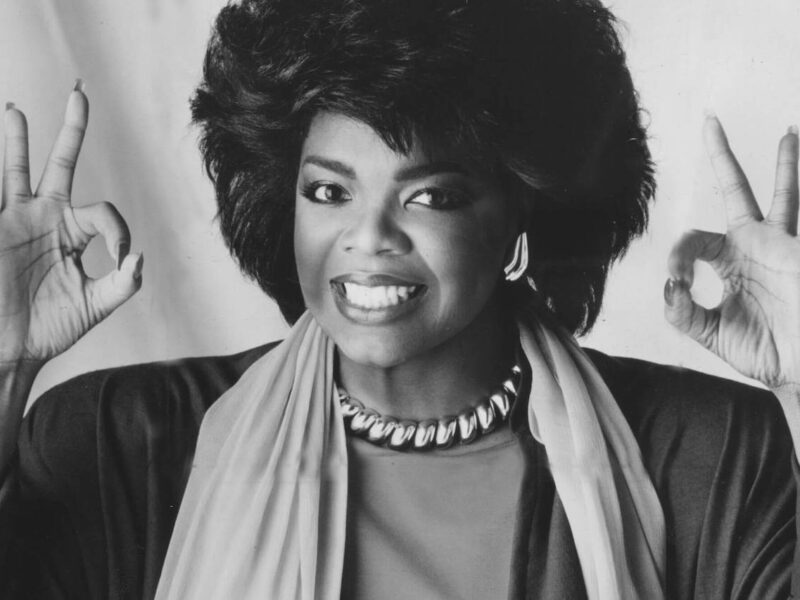
Was Taraji P. Henson abused on ‘The Color Purple’ set?
The Color Purple seems to be caught in this very predicament. The film, a reimagining of a timeless tale, is marred by rumors of a feud between producer Oprah Winfrey and star Taraji P. Henson. Worse still, whispers of mistreatment by Warner Bros. are overshadowing what should be a focus on the film’s empowering narrative and stellar performances.
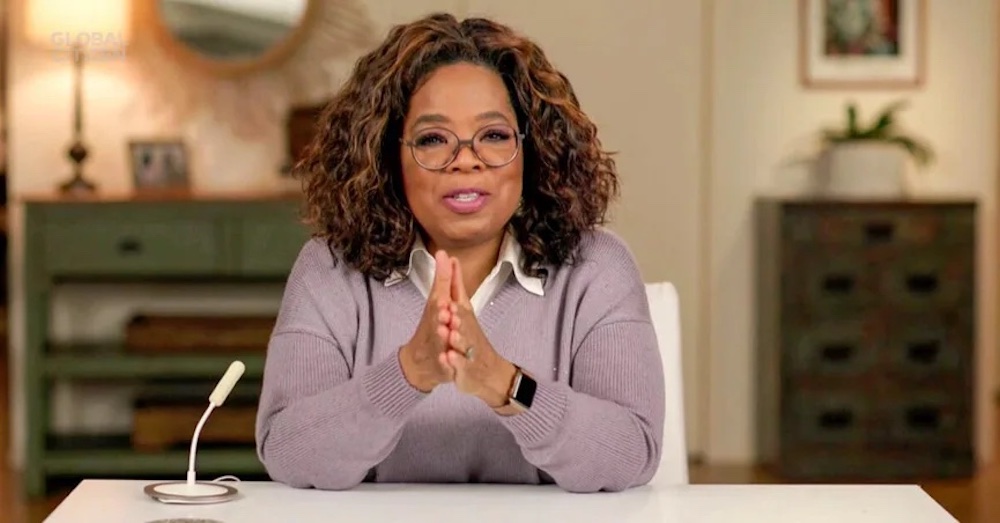
The rumors
The Color Purple is more than just a movie; it’s a celebration of sisterhood, resilience, and the triumph of the human spirit. The cast, including Henson, Fantasia Barrino, Danielle Brooks, and Colman Domingo, deliver performances that should be the talk of the town. Instead, the spotlight has been diverted to address baseless rumors and behind-the-scenes issues.
At the Golden Globes, Oprah, alongside Barrino, Brooks, and fellow producer Scott Sanders, confronted these issues head-on in a conversation with Gayle King. Addressing concerns about unfair treatment during production, Oprah clarified her role in ensuring the cast’s needs were met, even if it meant stepping in financially.
This intervention highlights a significant issue in the industry: the differing treatment of productions, especially those led by and featuring Black women.
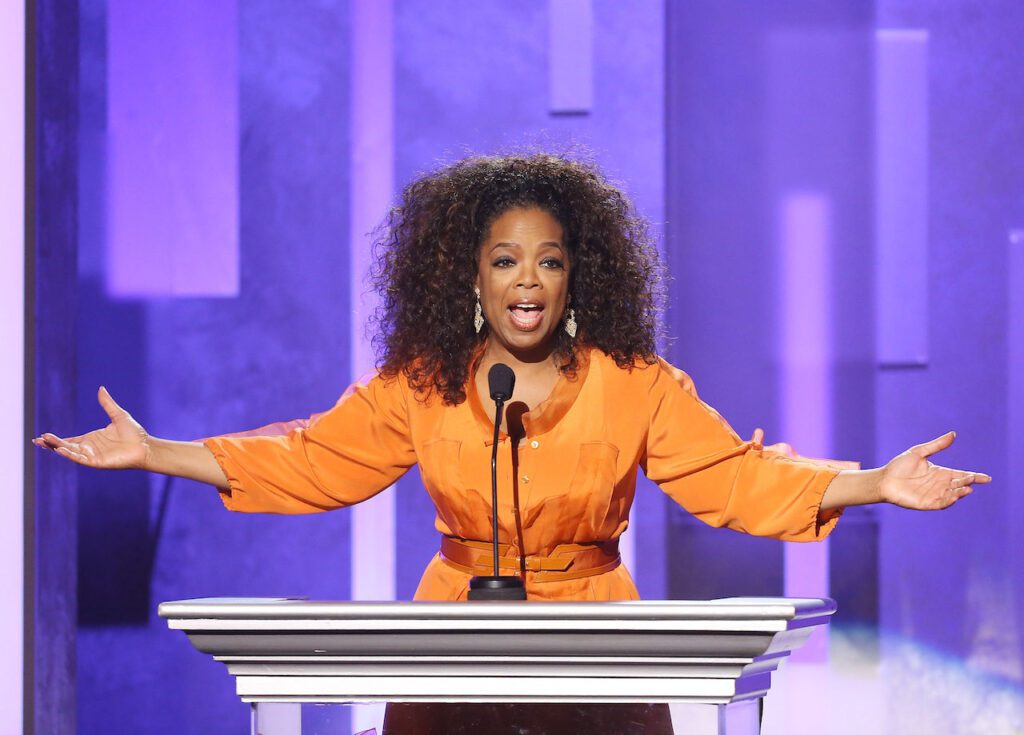
Equality in Hollywood
Hollywood’s often skewed priorities are at play here, as Oprah pointed out. The contrast in treatment between a high-profile film like Oppenheimer and The Color Purple raises questions about equity and respect in the industry. Oprah’s willingness to take a stand as a producer showcases her commitment to fairness, but it also exposes the underlying bias that still permeates Hollywood.
This bias isn’t just about logistics; it affects public perception and, potentially, the film’s award season success. The Color Purple faces an uphill battle, not just because of its content and the historically challenging path for Black films in awards circuits but now also due to these controversies. And it’s not the first time; the original 1985 film faced similar hurdles. Could history be repeating itself?
Despite these challenges, it’s too early to count The Color Purple out of the awards race. However, Warner Bros.’ apparent focus on other projects like Barbie and Oppenheimer raises questions about their commitment to ensuring this film gets the recognition it deserves.
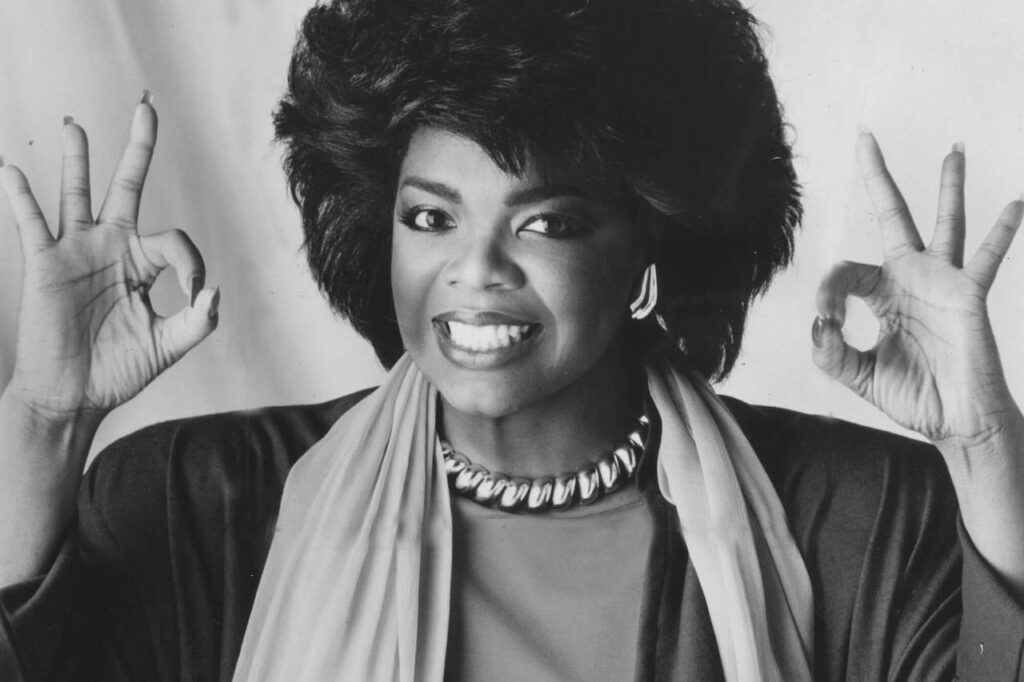
The beef
Amidst this turmoil, let’s address the alleged feud between Oprah and Henson. It’s a classic case of the internet taking a minor incident and blowing it out of proportion. A misunderstood moment during a photo op led to rampant speculation, but both Oprah and Henson have been quick to shut down these rumors.
Speaking to ET’s Kevin Frazier at the Golden Globes, Oprah was emphatic in dismissing any notion of a rift with Henson. She stressed her role as a proactive supporter of the film and its cast, emphasizing her commitment to addressing any issues that arose during production.
Oprah’s involvement went beyond the typical producer’s role, often stepping in to ensure the cast’s needs were met, even when it fell outside her direct responsibilities.
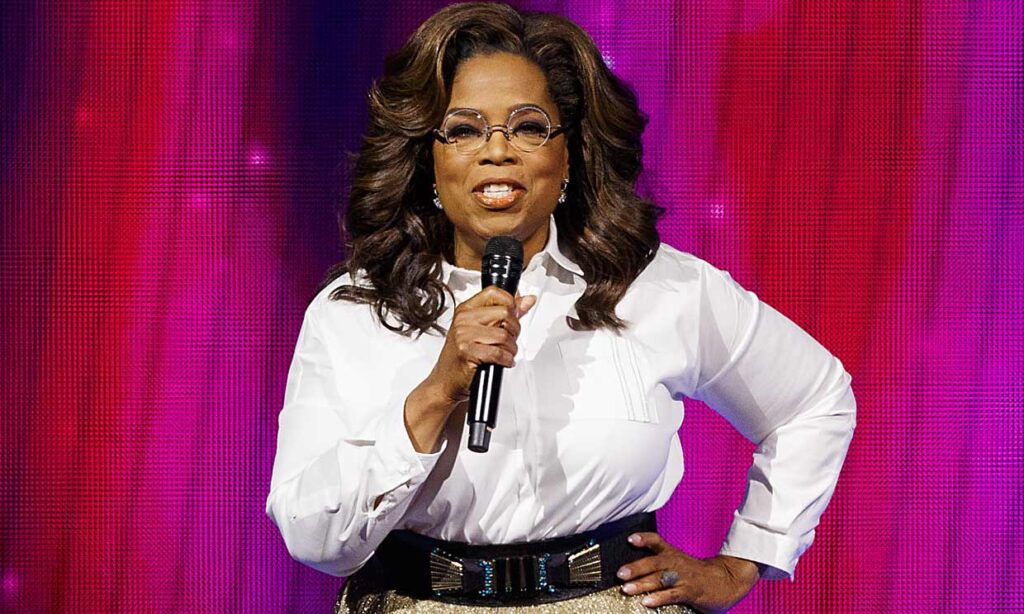
The response
Henson herself reinforced Oprah’s statement. In a heartfelt Instagram post, she expressed gratitude for Oprah’s unwavering support, highlighting the importance of solidarity among Black women and women of color in the industry. Henson’s acknowledgment serves as a powerful reminder of the need for more women of color in decision-making positions across all fields.
During the same event, Oprah further clarified her relationship with Henson in a discussion with Gayle King for CBS. This was corroborated by The Color Purple co-stars Fantasia Barrino-Taylor and Danielle Brooks, who spoke about the importance of not letting social media rumors undermine the film’s message and impact.
Fantasia, addressing the issue, emphasized the destructive nature of social media rumors. She pointed out how these baseless stories can detract from the healing power of a film like The Color Purple. Her words remind us of the responsibility media and the public have in shaping narratives around art and its creators.

The Power of Positive Narratives
In the world of cinema, stories are not just told on screen; they’re woven through the experiences of those who bring these narratives to life. The Color Purple, a film rich in themes of resilience and empowerment, finds itself in a complex situation where off-screen narratives are vying for attention alongside its on-screen story.
It’s crucial to acknowledge the impact these off-screen stories have on a film’s journey, especially during awards season. As viewers and industry insiders, our focus should shift from the sensational to the substantial. The real story here isn’t about rumored feuds or production challenges; it’s about the power of a film to touch hearts and open minds.
The Color Purple deserves to be celebrated for what it brings to the screen: a powerful narrative, compelling performances, and a message of hope and strength. As the awards season progresses, let’s hope the conversation shifts to these aspects, allowing the film to receive the recognition it merits.






